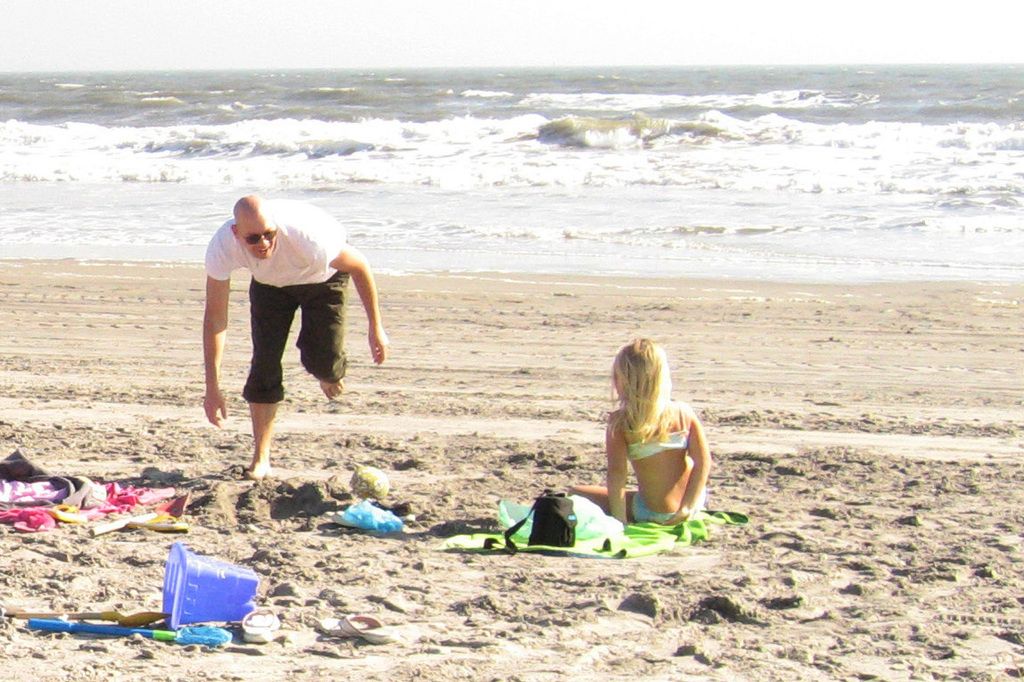Finance Minister Klingbeil Shares Plans to Strengthen Europe's Capital Markets Union and Modernize Germany's Retirement System
Klingbeil advocates for a unified capital market in Europe - Klingbeil advocates for European Capital Market Union advancement
Federal Finance Minister Lars Klingbeil (SPD) kicked off his term by voicing his intentions to beef up Frankfurt's financial clout and push for a stronger Capital Markets Union (CMU) within Europe. During a visit to the Deutsche Börse in Frankfurt, Klingbeil emphasized that Germany desperately needs more investments, particularly after the recent multi-billion euro package for infrastructure and defense, and the federal government's "growth booster," which included tax cuts and improved depreciation options for businesses.
Klingbeil also announced ongoing discussions with his French counterpart to develop ideas for a more profound CMU in Europe, with the aim of decreasing market fragmentation and enabling financing for small to medium-sized enterprises (SMEs), startups, and infrastructure projects.
Embracing New Pension Concepts
During his meeting with Deutsche Börse CEO Stephan Leithner, Klingbeil expressed a positive exchange about strengthening Frankfurt's financial hub. Although no specific results have been announced yet, Leithner called for international companies like banks and asset managers to find Frankfurt's location factors appealing. In a hint to potential reforms, Klingbeil admitted to being "open" to fund-based models for retirement provision, setting the stage for a lively debate on the future of pension provision in Germany.
- Lars Klingbeil
- Europe
- Frankfurt
- Financial Hub
- SPD
- Frankfurt am Main
- Germany
- Deutsche Börse
Based on available information, Finance Minister Lars Klingbeil has been actively driving the Capital Markets Union (CMU) agenda in Europe, particularly through his leadership in Germany and collaboration with France. Key contributions include:
- Franco-German Collaboration: The minister has worked closely with his French counterpart to develop a shared roadmap for the CMU, focusing on reducing market fragmentation, boosting financing for SMEs, startups, and infrastructure projects [1]. This collaboration is crucial for harmonizing EU regulations and attracting global capital.
- Infrastructure Investments: A proposed €500 billion infrastructure fund, primarily focused on physical infrastructure, can indirectly support the CMU by enhancing economic resilience and attracting investment across strategic sectors [2].
Although no specific information is available regarding Klingbeil's views on new pension models, his focus on economic modernization and ecological transformation suggests he may be open to innovative financial instruments and policies that promote long-term economic stability and sustainability. Any views on pension reform would likely align with broader economic strategies aimed at enhancing competitiveness and stability.
- Finland Minister Klingbeil's commitment to strengthening Europe's Capital Markets Union (CMU) extends to initiatives that facilitate financing for small to medium-sized enterprises (SMEs), startups, and infrastructure projects, which could potentially be achieved by reducing market fragmentation as discussed with his French counterpart.
- In an effort to modernize Germany's retirement system and promote long-term economic stability, Finance Minister Lars Klingbeil has shown openness to fund-based models for retirement provision, hinting at potential reforms that could stimulate business growth and attract international investment in Germany's financial hub, Frankfurt.






